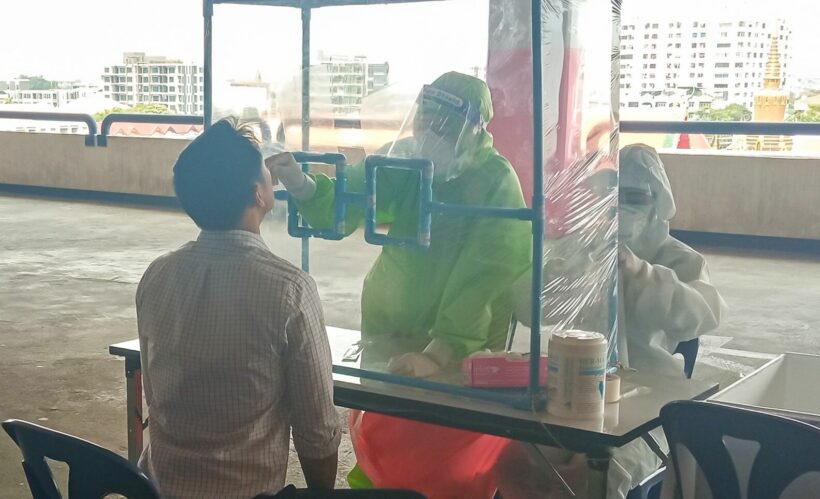New report confirms what many have thought: Covid probably spreads through air

So does this study confirm what the general public and researchers have been thinking since the pandemic started… that Covid-19 spreads through the air? The new Australian report suggests that ventilation systems can spread the virus through the air.
Lidia Morawska, a professor at Queensland University of Technology in Brisbane, Australia, led a team of 39 scientists from 14 countries to conduct the study. The authors have set out to seek universal recognition that infections can be squashed by improving indoor ventilation systems. The team has asked the WHO to amend its indoor air quality guidelines to include airborne pathogens among others.
“No one takes responsibility for the air. It’s kind of accepted that the air could be of whatever quality — containing viruses and pathogens.”
Scientists are now calling for cleaner indoor air by overhauling ventilation systems. But it’s not just the coronavirus that can infiltrate someone’s lungs simply by breathing. The influenza virus and other respiratory infections would also be addressed by improving ventilation systems, which would save healthcare costs by reducing the number of infections. Researchers say the amount saved in medical care would offset the cost of revamping air filtration.
Since SARS-CoV-2 has been shown to multiply in the respiratory tract, and spread in variously sized particles emitted from a person’s nose and throat during breathing, speaking, singing, coughing and sneezing, the issue of air quality has stirred up controversy as the WHO has modified it wording due to the ever-changing research findings. Still, the WHO has maintained that the virus spreads “mainly between people who are in close contact with each other, typically within 1 metre.”
But aerosol sized particles can linger for hours and travel indoors, in which Morawska says the 1 metre rule is not a set in stone distance.
“There’s nothing magic about this 1 metre. The closer to an infected person, the higher the concentration of infectious particles and the shorter the exposure time needed for infection to occur. As you are moving away, the concentration decreases.”
Raina MacIntyre, a professor of global biosecurity at the University of New South Wales in Sydney says the mainstreamed false assumption has given way to a hygienic practise that has done little good, as it didn’t focus on the virus being transmitted through the air.
“This resulted in hygiene theatre… scrubbing of hands and surfaces for little gain, while the pandemic wreaked mass destruction on the world.”
SOURCE: Chiang Rai Times
Latest Thailand News
Follow The Thaiger on Google News:


























